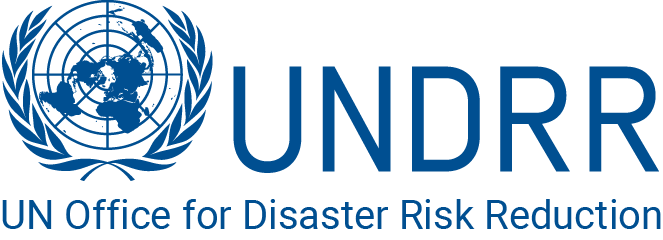The secretariat of the Santiago network is jointly hosted by the United Nations Office for Disaster Risk Reduction (UNDRR) and the United Nations Office for Project Services (UNOPS). UNDRR and UNOPS have established an interim secretariat made up of a small number of dedicated full-time resources who are fulfilling the role and responsibilities of the secretariat until the Director and permanent secretariat staff are in place in 2024.
Following the decision of the Advisory Board of the Santiago network, the head office of the secretariat will be in Geneva, Switzerland. The establishment of the office in Geneva is supported, including financially, by the Government of Switzerland’s Federal Office for the Environment.
The Santiago network will have a regional presence to be a point of contact for countries requesting technical assistance. This will also help to expand the network of technical assistance providers, including organizations, bodies, networks, and experts (OBNEs).
The Santiago network secretariat will actively engage with countries to identify required support for technical assistance and identify available support through OBNEs. The secretariat will also function as a knowledge broker and amplify resources that will be beneficial for countries and partners.
As contained in decision 12/CMA.4 and decision 11/CP.27, the Santiago network secretariat shall be accountable to and operate under the guidance of the Advisory Board, shall facilitate the implementation of the functions of the Santiago network, and shall manage day-to-day operations of the Santiago network.
The main responsibilities of the Santiago network secretariat are summarised below:
- Develop and execute the work programme approved by the Advisory Board, building on synergies with the five-year rolling workplan of the Executive Committee;
- Elaborate modalities and procedures for the network under the guidance of and by the approval of the Advisory Board;
- Build and manage the network of member OBNEs;
- Receive, assess and manage the process of responding to technical assistance requests from developing countries that are particularly vulnerable to the adverse effects of climate change;
- Promote and disseminate information on the Santiago network in a manner that is comprehensible and accessible to communities particularly vulnerable to the adverse effects of climate change;
- Administer the funds that will be provided to the Santiago network to support technical assistance in a cost-effective and transparent manner;
- Maintain a monitoring and evaluation system to assess the timeliness, appropriateness and outcomes of assistance provided;
- Ensure the coordination and collaboration of the work of the Santiago network with relevant UNFCCC constituted bodies, in particular the Executive Committee, as well as exploring synergies with other initiatives and networks.

